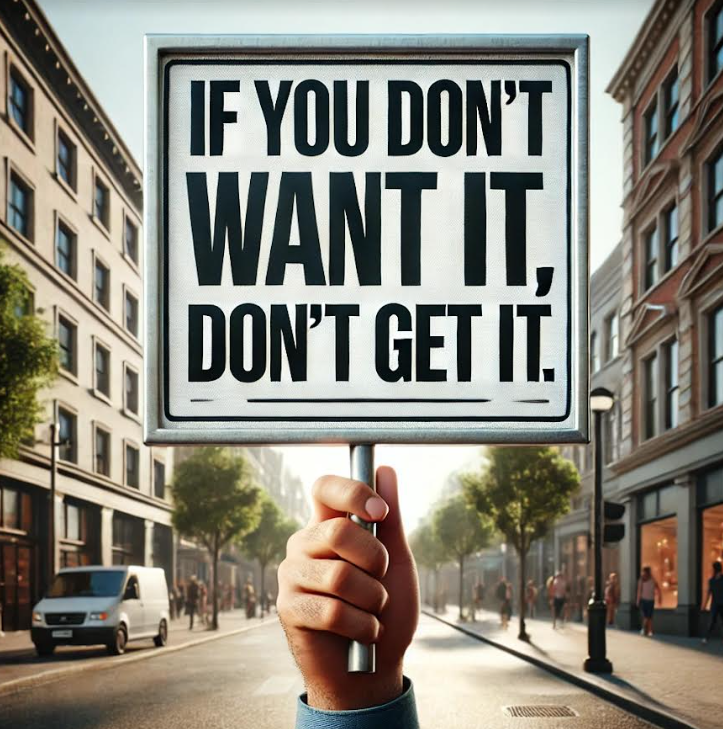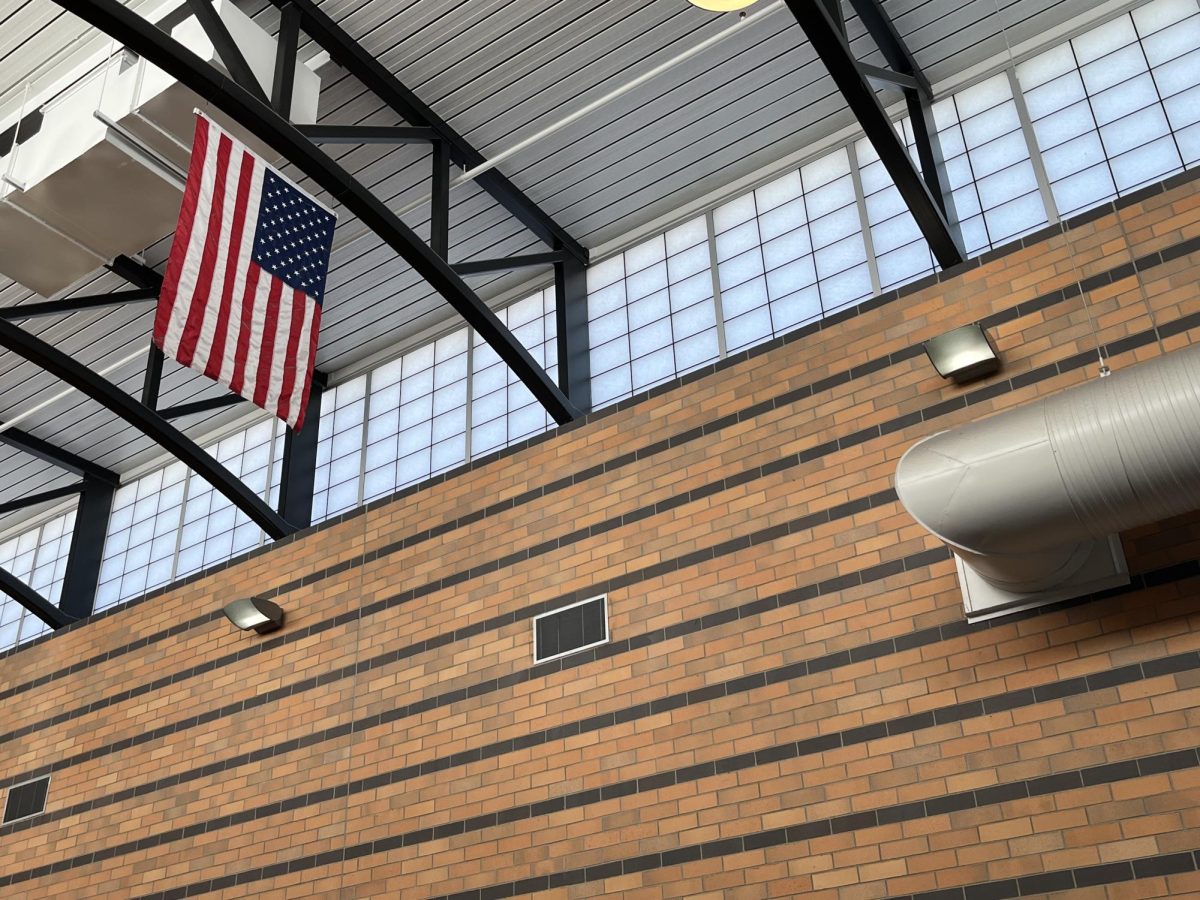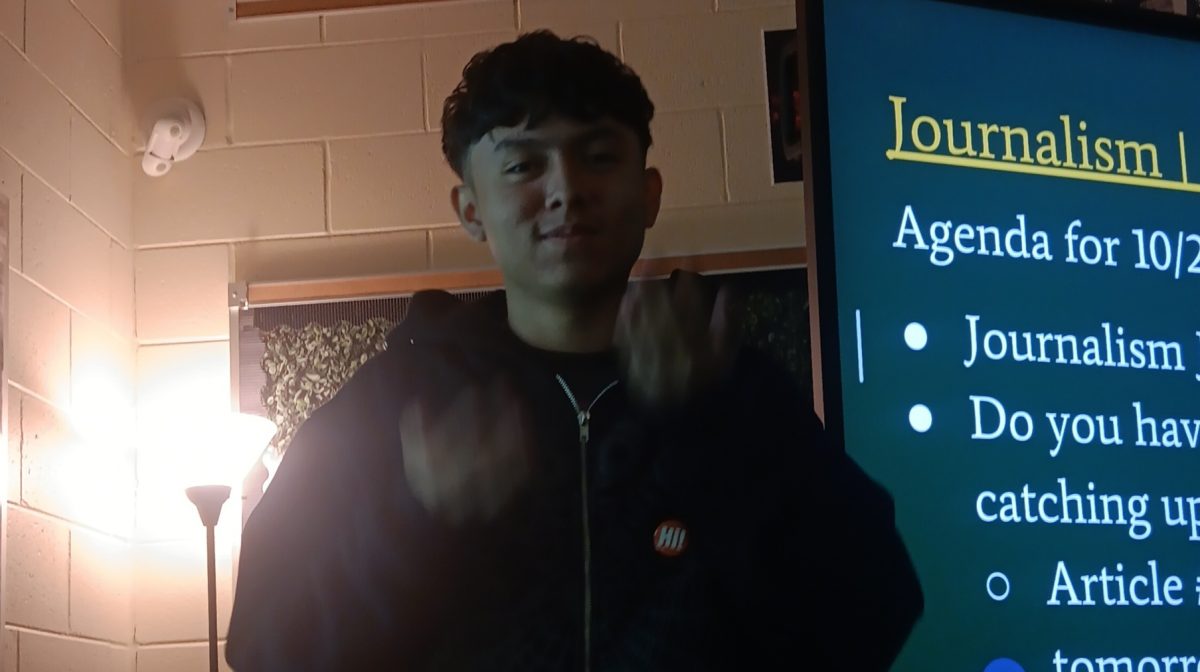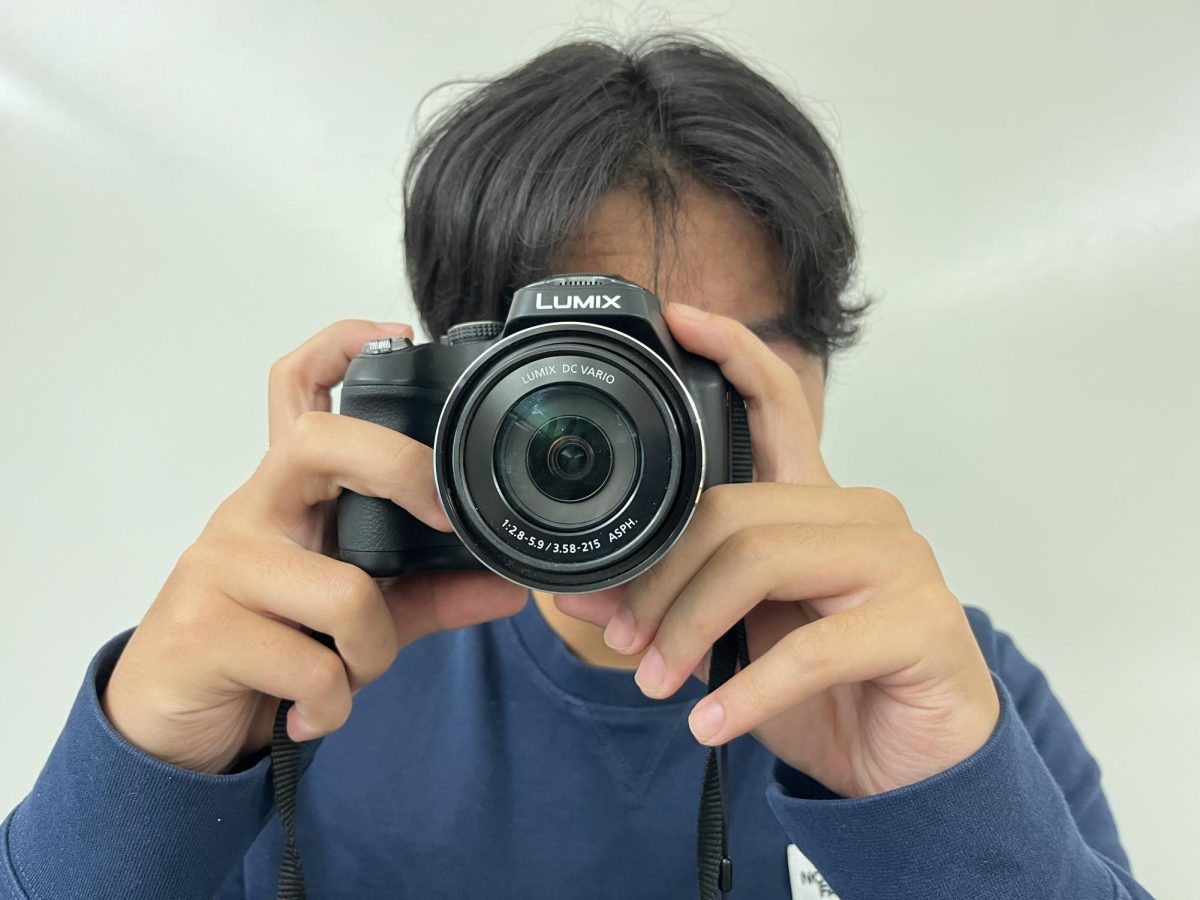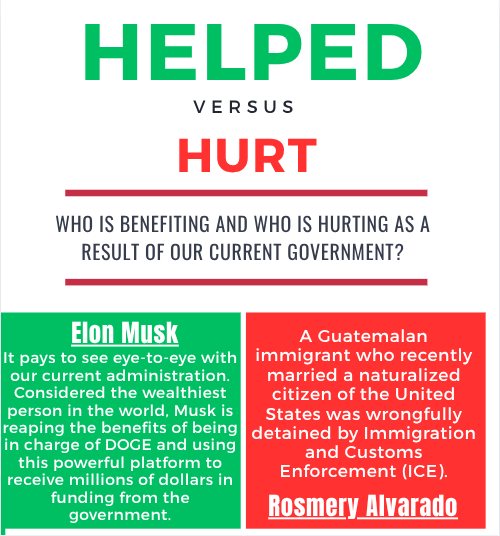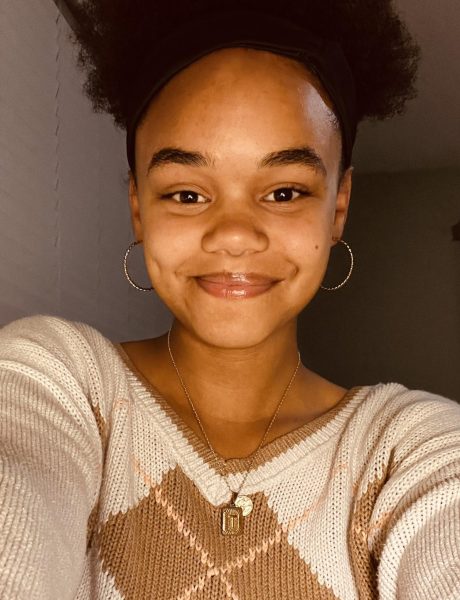At first glance, the statement “If you don’t want it, don’t get it” might seem like a common rallying cry for both liberals and conservatives, battling over the contentious issues of gun control and abortion. But dig a little deeper and a fascinating irony will be uncovered: the same words serve as a shield to divergent worldviews.
Liberals and conservatives do differ systematically: however, they both rely on fairness and moral judgments when making decisions. Liberals make the argument that we don’t need to limit abortion access. If you don’t want an abortion don’t have one. In comparison, conservatives make the argument that we don’t need further gun control. If you don’t want a gun, don’t buy one. These two arguments are two different issues, structurally argued the same. But how are these arguments different in the eyes of Democratic and Republican leaders?
Harle Battjes, campaign manager for Democrat Marcia Mansaray, running for 85th district state representative, argues that despite the arguments surrounding abortion and gun control being similarly structured, they are fundamentally different. Battjes emphasizes that abortion is a critical healthcare issue that can have life-or-death consequences for women. “An abortion is a medical procedure that is often necessary to protect the life and health of the mother and her future fertility,” Battjes said. Highlighting that the decision to get an abortion often goes beyond personal choice. Battjes also points out that when access to abortion is restricted, it can lead to dire outcomes. “Since the overturning of Roe v Wade, we have seen many cases of women being turned away from emergency rooms or told to come back when they are on their deathbeds because the medical procedure needed to save this person’s life has been made illegal in their state,” Battjes said.
In comparison, the conservative argument regarding gun ownership focuses on personal rights, claiming that if someone doesn’t want a gun, they shouldn’t buy one. However, Battjes argues that the desire to restrict gun access doesn’t carry the same urgency as abortion. Battjes does acknowledge the importance of the Second Amendment, even noting the fact that she’s a gun owner herself, but said that “choosing to not own a gun does not exclude or protect you from gun violence,” Battjes said. Reinforcing her view that the “if you don’t want it, don’t get it” argument cannot equally apply to both situations.
Battjes also highlights the potential for government overreach when it comes to healthcare decisions, suggesting that limiting abortion access can set a dangerous precedent for other medical services. “Liberals don’t want limits to abortion because this creates a precedence where the government can restrict access to necessary medical care,” Battjes said. This contrast emphasizes the different stakes involved: for abortion, the conversation is about protecting life and health, whereas the gun control debate is about rights and societal issues. Battjes said that while both arguments advocate for individual choice, the context of those choices are vastly different.
Gretchen Cosby, a republican candidate for Ottawa County commissioner, views the abortion and gun control debates as fundamentally different, even though both arguments may seem similarly structured. When it comes to gun control, Cosby argues that focusing on limiting access to firearms to people will not solve the root problem of gun violence. “I have cared for gunshot victims… and only one was a licensed gun owner,” Cosby said. Cosby points out that most gun-related crimes are not committed by responsible gun owners. Cosby believes that issues like family meltdowns, hopelessness, and lack of education cause gun violence more than access to guns themselves. “ Taking guns away from licensed gun owners will not solve our gun crimes or school shootings; having an intact family, hope for the future, and a solid K-12 education will,” Cosby said. For her, addressing these societal issues is a better solution than gun control laws.
Cosby approaches abortion from a different angle, emphasizing the medical enhancements that have shifted the argument surrounding abortion access. “We now know that a baby’s heart starts to beat at 21 days of gestation, and through the miracles of modern medicine, babies are viable as early as 21 weeks,” Cosby said. For Cosby, the abortion debate is not just about personal choice but about finding comprehensive, long-term solutions for supporting women and their families. Rather than focusing on whether abortion should be restricted or not, Cosby advocates investing in family planning, support systems, and resources that encourage the involvement of both parents. “Why don’t we invest the dollars into family planning classes that encourage the father to stay with his family or invest in organizations like Positive Options… support the mother and child until the child is 18 years of age?” Cosby said.
With a different approach, Mariah Stewart, a freshmen at the University of Michigan studying sociology, emphasizes the need to step back and truly consider the nature of guns and abortions, rather than focusing solely on their political polarization. Stewart argues that while guns are used for recreation, hunting, and self-defense, they are also capable of mass harm and destruction, a problem that has become worse in the United States. Stewart claims that the argument “If you don’t want one, don’t get one” doesn’t apply to gun access because the issue extends beyond individual choice. “It is far too easy to get access to an automatic weapon and use it for mass harm,” Stewart said, emphasizing the societal consequences of gun violence. In contrast, Stewart points out that abortion is a medical procedure done for various reasons and is a decision made between a patient and their doctor. Unlike gun violence, the decision to have an abortion is a private matter that only affects the individual involved. “Receiving medical care is a choice, not something that needs government control,” Stewart said. Highlighting that abortion does not pose the same public danger as firearms.
While the arguments surrounding gun control and abortion may seem similarly structured, a closer look reveals the differences their societal impacts bring. Leaders like Harle Battjes and Mariah Stewart emphasize that abortion is a healthcare decision, whereas gun violence affects the broader public. On the other hand, Gretchen Cosby acknowledges the importance of addressing the root causes of gun violence through societal improvements, but emphasizes the need for greater family and community support when it comes to abortion. Ultimately, the debate is not just about the individual freedoms but about the broader implications of these choices on the public. Each side brings a different perspective to the table, showing that these issues, while often debated with similar language, demand unique approaches and solutions.

